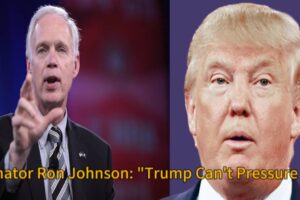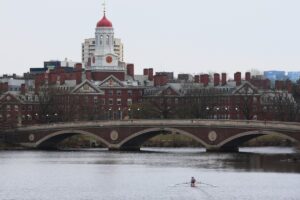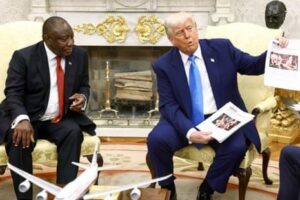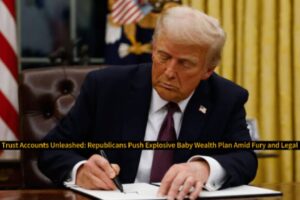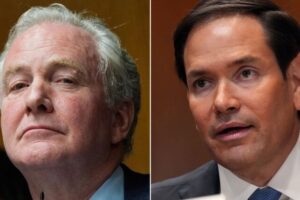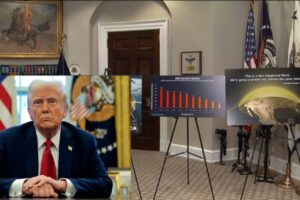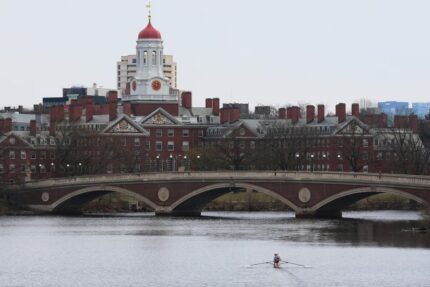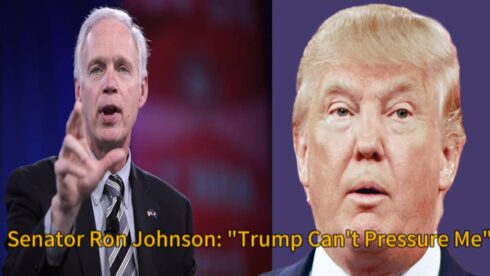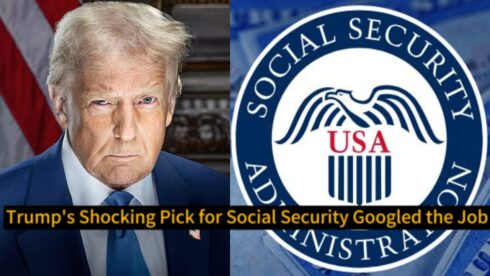The Trump administration has delivered a stunning blow to Harvard University, declaring on Thursday that the prestigious Ivy League institution is no longer permitted to enroll foreign students. In an official statement, the Department of Homeland Security (DHS) cited concerns over “fostering violence, antisemitism, and coordination with the Chinese Communist Party” as reasons for the unprecedented move.
Homeland Security Secretary Kristi Noem said the decision is meant to “serve as a warning” to other universities perceived to be enabling anti-American behavior. “It is a privilege, not a right, for universities to enroll foreign students,” Noem stated, adding that Harvard “had plenty of opportunity to do the right thing. It refused.” The DHS directive also mandates that currently enrolled international students must transfer to other institutions or risk losing their legal immigration status.
This latest measure is part of a broader campaign by the Trump administration to assert ideological control over higher education institutions it views as politically hostile or negligent on issues of campus unrest and foreign influence.
Existing Foreign Students Ordered to Transfer or Leave the U.S.
The DHS mandate has far-reaching implications for the approximately 25% of Harvard’s student body that hails from outside the United States. These students now face immediate uncertainty regarding their academic and immigration futures. Many have invested years of study and substantial financial resources into their Harvard education.
A DHS spokesperson confirmed that foreign students currently at Harvard must begin the process of transferring to other schools or face the revocation of their student visas. The agency did not offer a grace period, drawing harsh criticism from immigration and academic rights advocates.
The move echoes a previous attempt by the Trump administration in 2020 to expel international students amid pandemic-related campus closures—a policy that was later rescinded after legal challenges and widespread backlash.
Federal Pressure Intensifies as Harvard Faces Cuts to Grants and Tax Status
The enrollment ban arrives on the heels of other punitive actions targeting Harvard. Last month, President Trump announced that his administration would revoke Harvard’s federal grant funding and strip the university of its tax-exempt status, citing its failure to uphold “American values.”
These measures, according to the administration, are part of a broader push to hold elite institutions accountable for what it sees as ideological extremism, foreign entanglements, and failure to protect Jewish students. “Harvard has become a hotbed of anti-American, anti-Semitic, pro-terrorist agitators,” said White House spokesperson Abigail Jackson. “They have repeatedly failed to take action… and now they must face the consequences.”
The administration’s actions appear to be both punitive and symbolic, showcasing its stance against what it views as liberal academic enclaves that undermine national cohesion and security.
Harvard University Condemns Action as Retaliatory and Unlawful
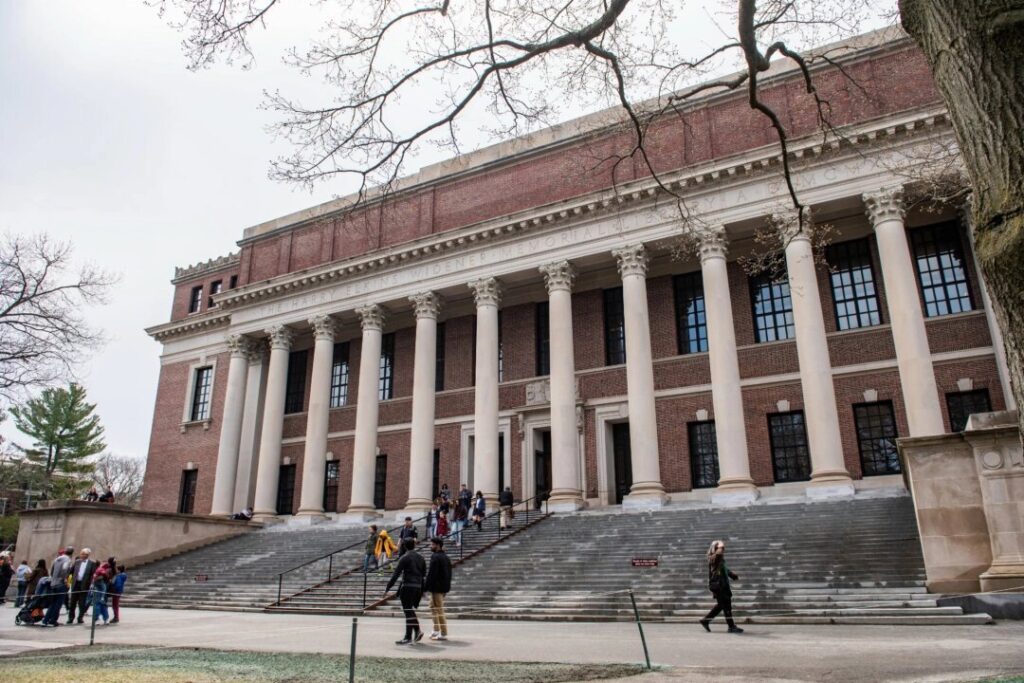
Harvard responded swiftly and forcefully, condemning the administration’s decision as “retaliatory, unlawful, and damaging.” A university spokesperson said, “We are fully committed to maintaining Harvard’s ability to host international students and scholars, who hail from more than 140 countries and enrich the University—and this nation—immeasurably.”
The university stressed the contributions international students make to the academic, cultural, and scientific fabric of the institution and warned of the long-term harm such actions would inflict. “This retaliatory action threatens serious harm to the Harvard community and our country, and undermines Harvard’s academic and research mission,” the spokesperson added.
Legal experts suggest that Harvard may seek immediate judicial intervention, possibly filing a lawsuit to halt the DHS order on constitutional and administrative grounds.
National Reaction Divided as Education and Immigration Debate Reignites
The decision has sparked intense debate across the political spectrum. Supporters of the administration applaud the move as a necessary step to reclaim American higher education from foreign influence and ideological radicalism. Critics, however, view it as a dangerous politicization of education and an attack on academic freedom.
Civil rights organizations, immigrant advocacy groups, and higher education associations have decried the ban as discriminatory and harmful to America’s global reputation. “The United States has long been a beacon for the world’s brightest minds,” said one education policy analyst. “Barring foreign students from Harvard sends a chilling message.”
As Harvar weighs its legal options, the broader academic community is bracing for potential ripple effects. With the 2024 presidential election on the horizon, the clash between elite universities and the federal government may become a defining battle over the soul and direction of American education

